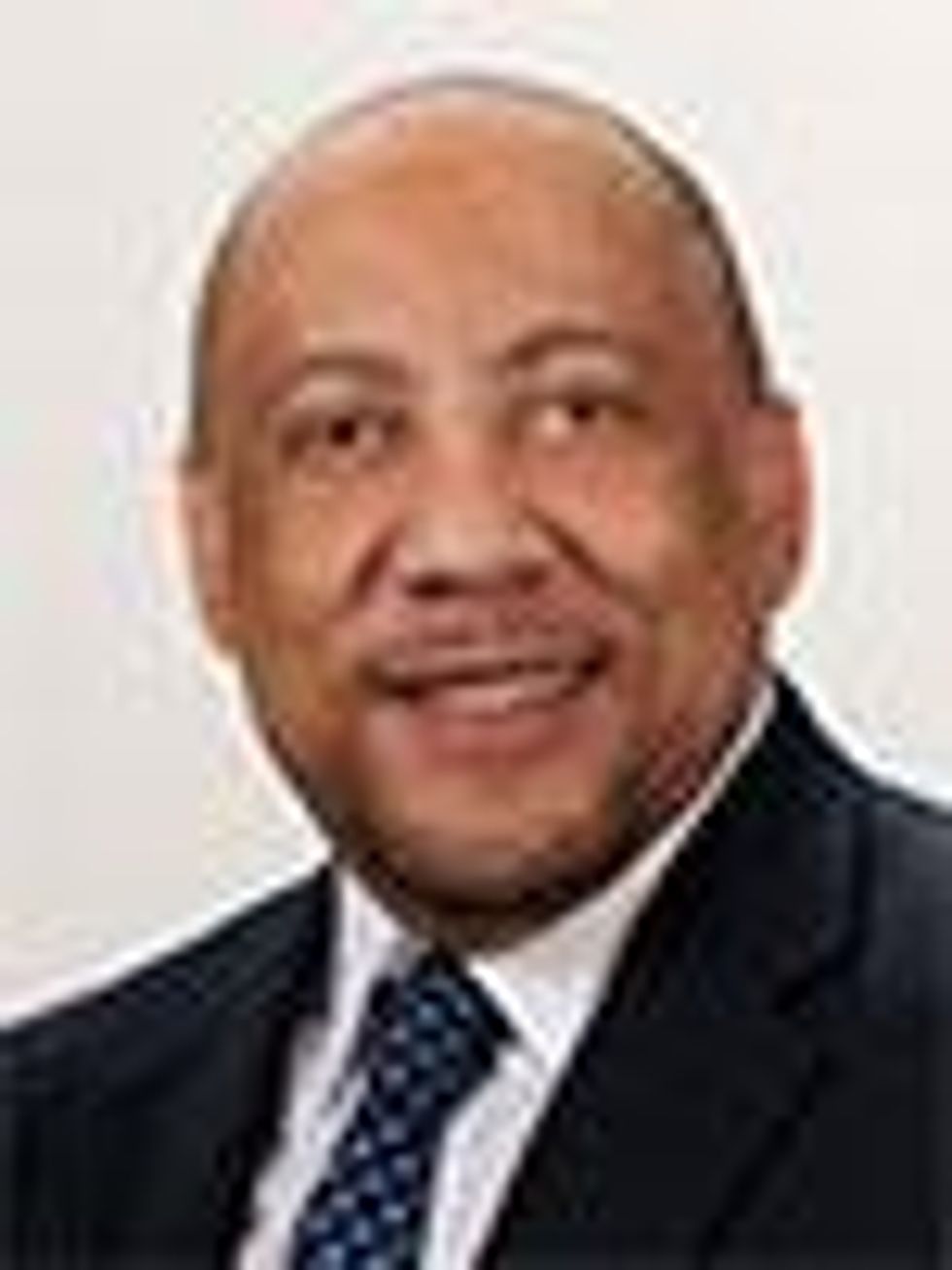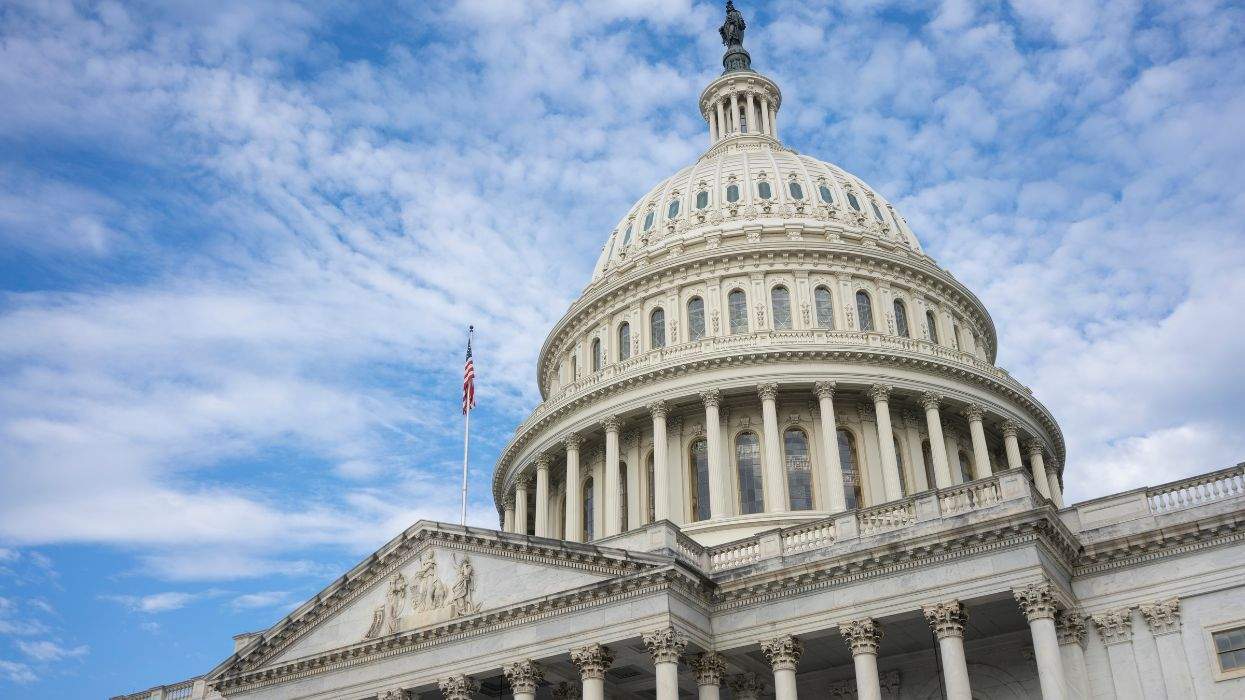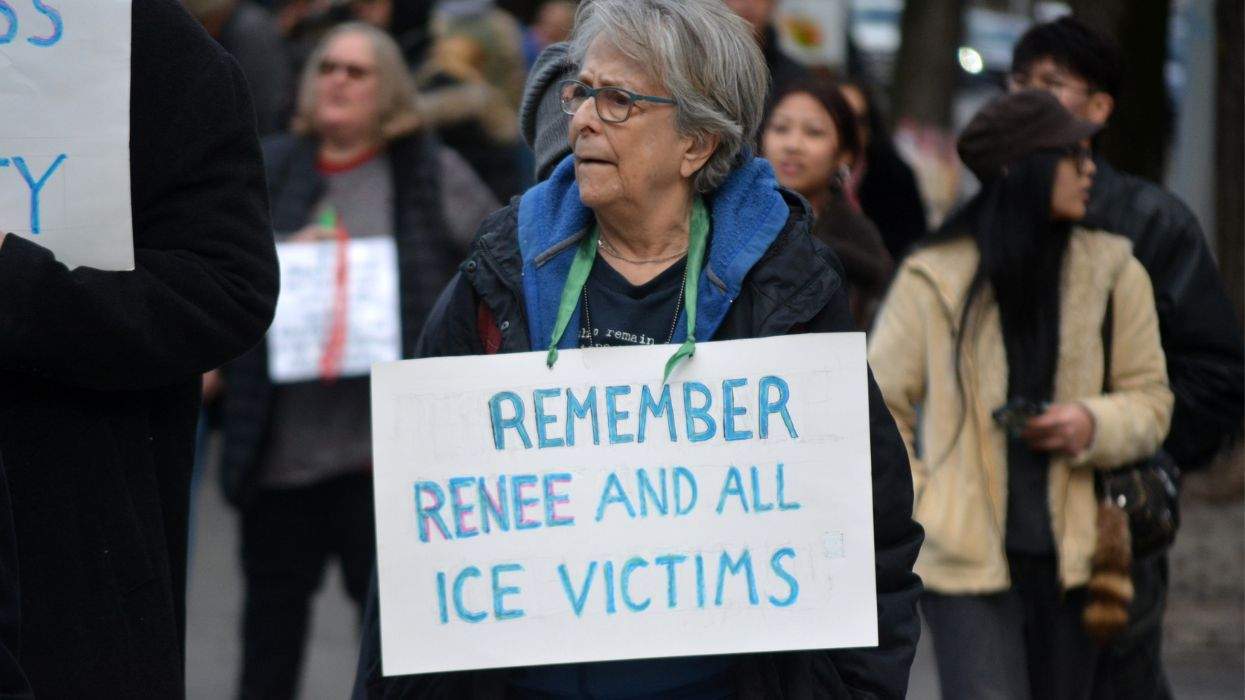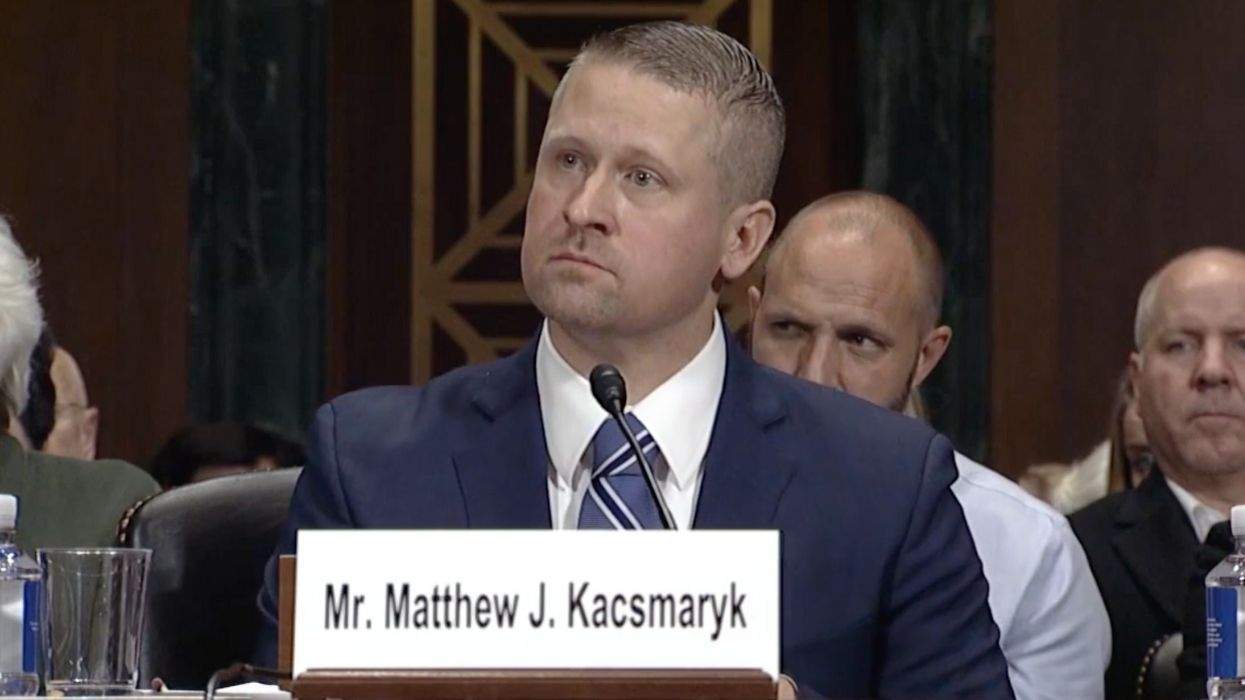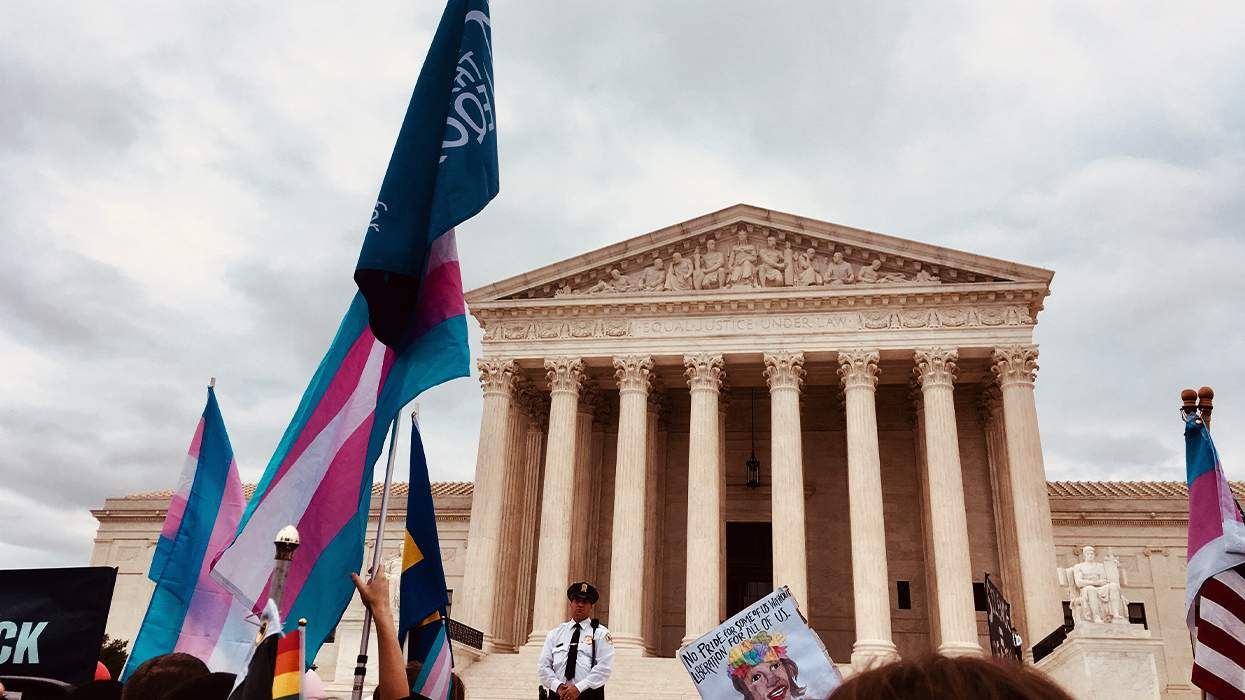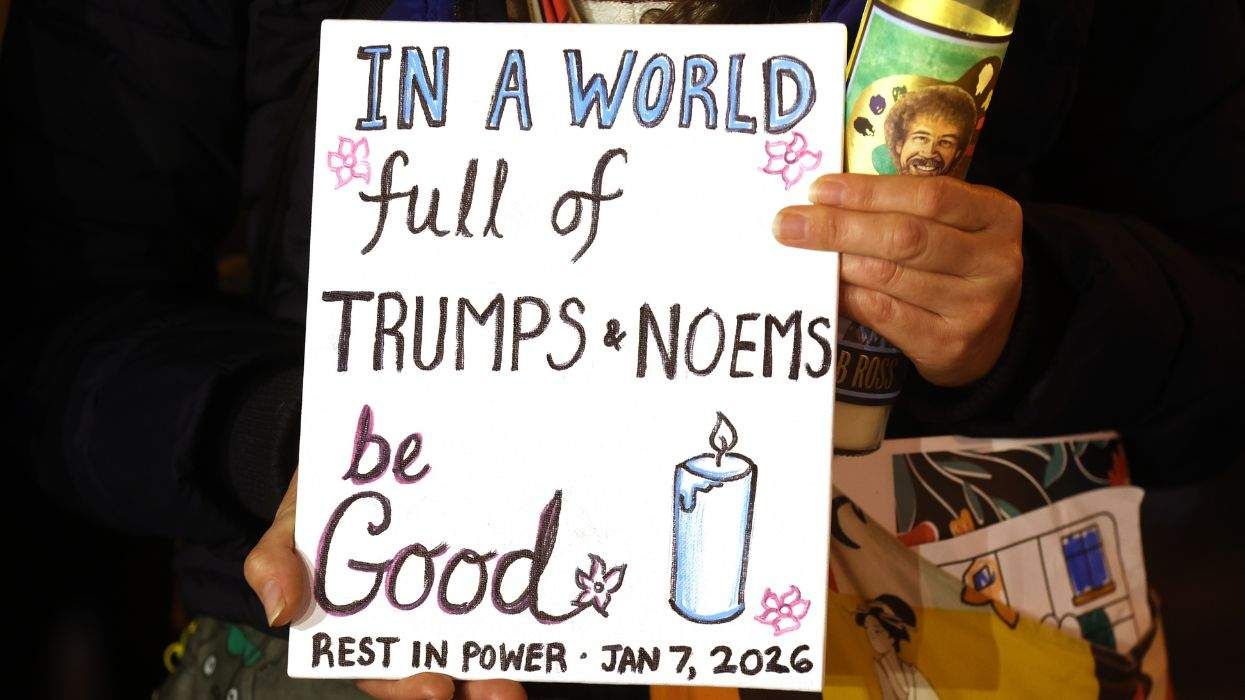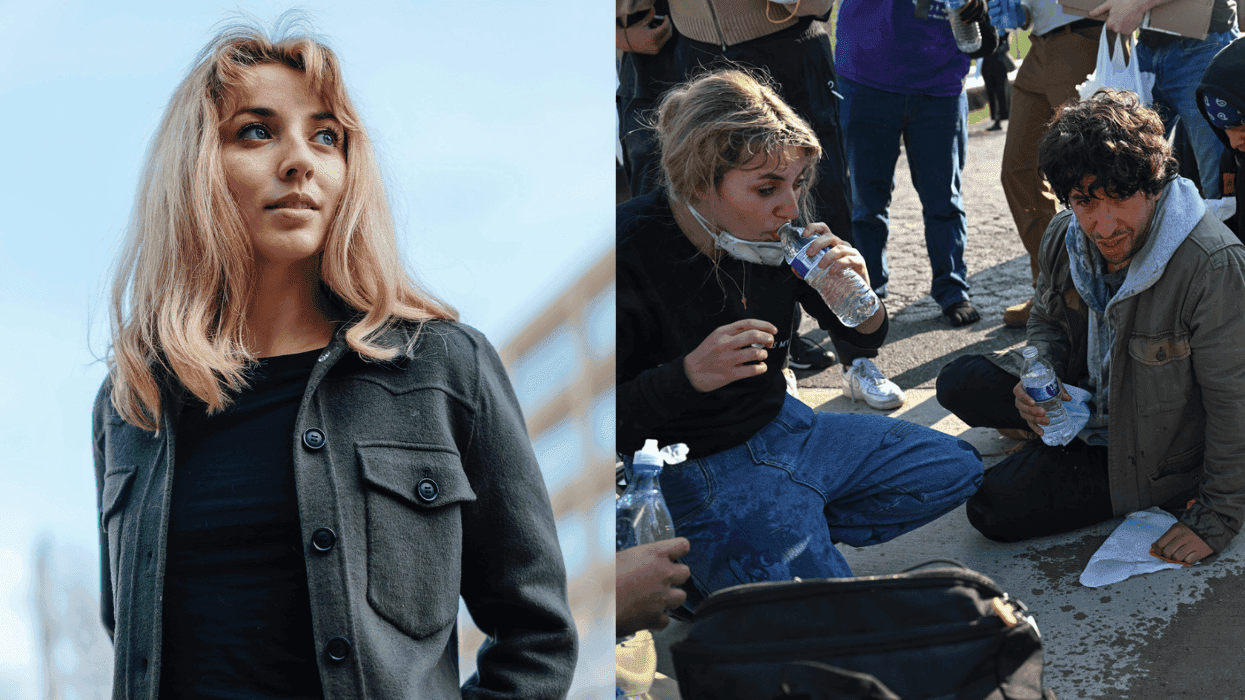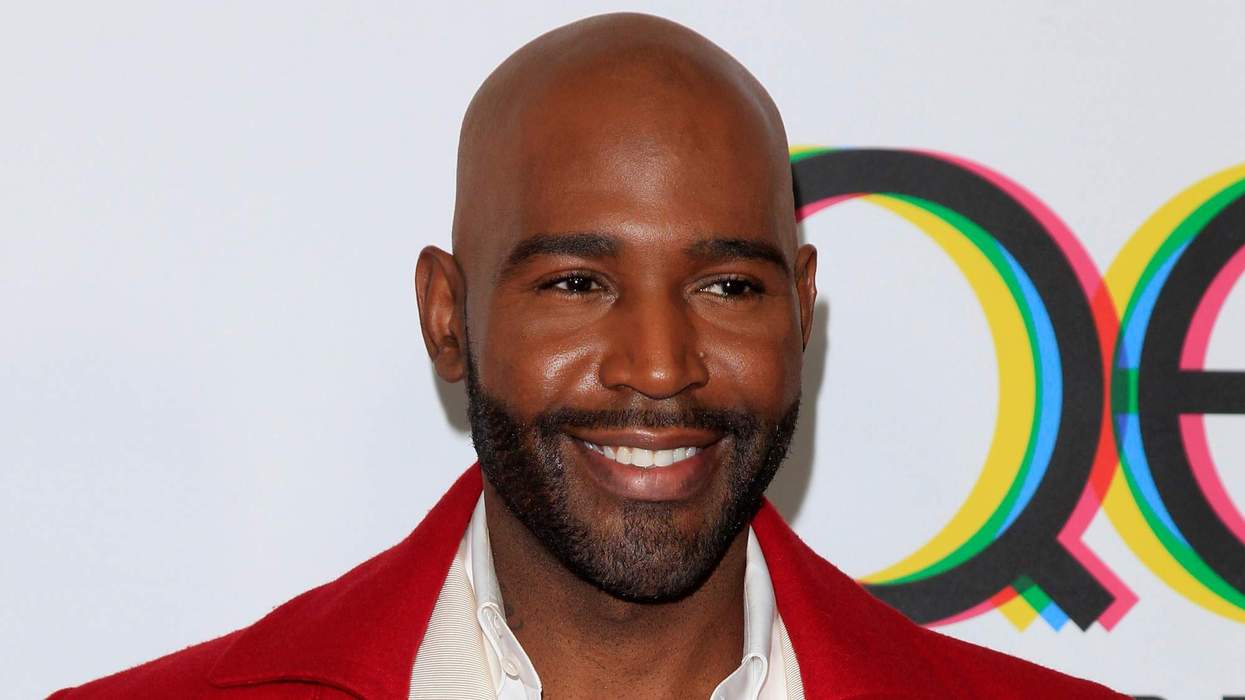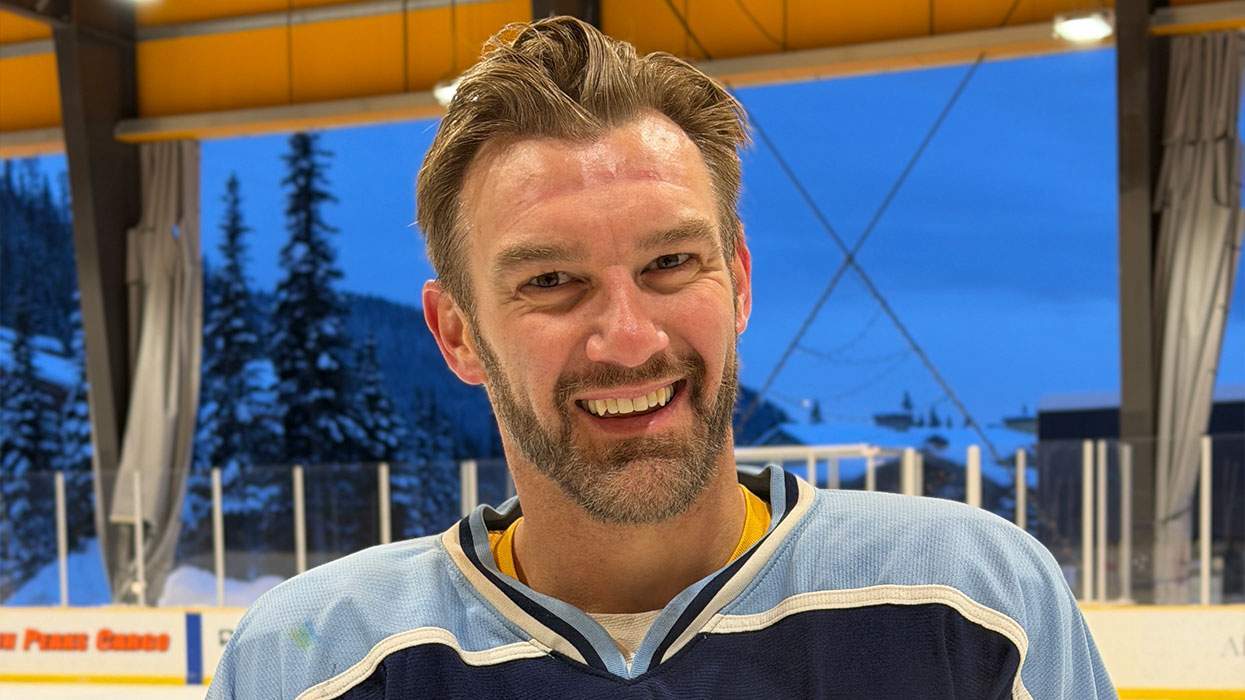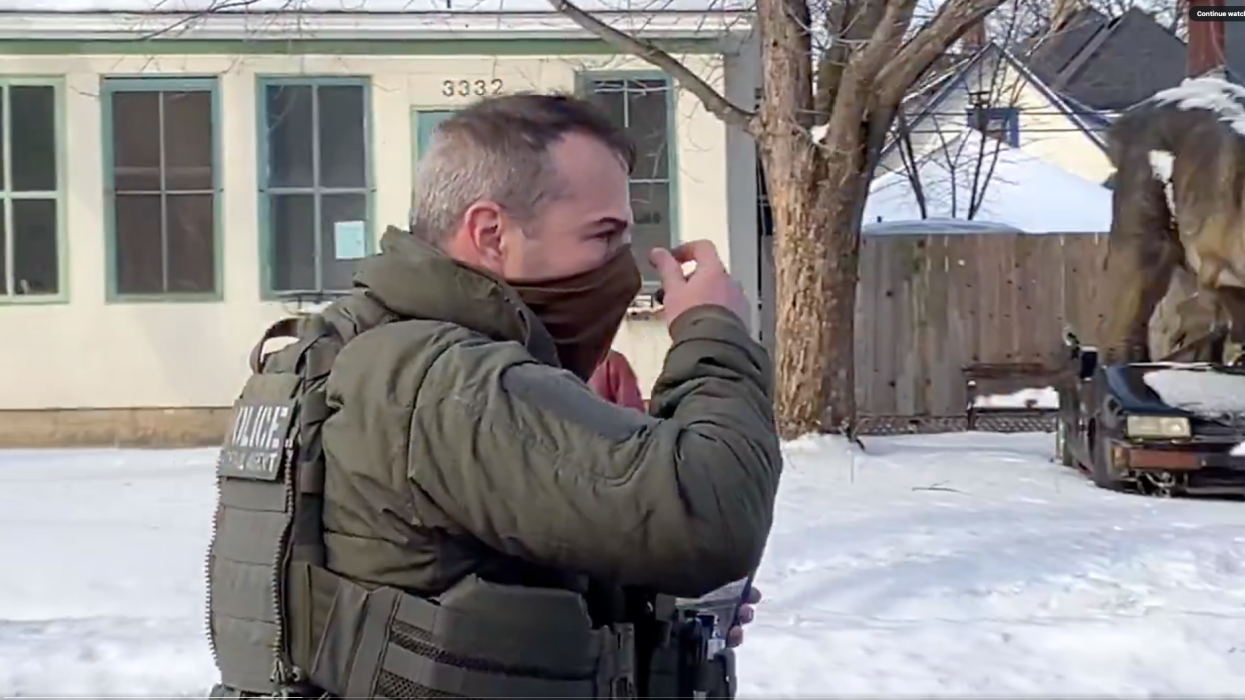This Veterans Day, as I do every year, I thought of my father, William Broadus. He served overseas in World War II, when our segregated military refused to fully recognize his humanity as an African-American man, even though he was willing to lay down his life for this country.
As a veteran, William served 55 years as the commander of his local American Legion Post in Fayette, Mo. After his death, our family's proudest moment was when his former Post secured the placement of a monument on the grounds of the Howard County Courthouse honoring local African-American veterans.
During World War II, the Army was our country's largest employer of black people, my father and my uncles among them. For William and so many people back then, the military was viewed as the only path to obtaining vocational skills or an education. Service was one of the few avenues that black people had to upward mobility, respectability, and a place in the American middle class.
That remains true for many people of color to this day. Racial and ethnic minorities -- categorized as Asian, black or African-American, Native American or Alaskan; and Native Hawaiian/Pacific Islander people -- continue to be overrepresented in the ranks compared with our civilian workforce.
That said, the military didn't live up to its promise of prosperity as far as my father was concerned. As the oldest son in his family, William was forced to leave school in Fayette, at age 12, to help support his family. When he completed his service, he had hoped to earn at least a high school diploma and be trained as a barber under the GI Bill. But purely because of racial animus, the Army denied his claims for education assistance.
This happened even though President Harry Truman integrated the armed forces by executive order in 1948. The pace of change is often slow, even when the orders come from the top -- and especially when it comes to dismantling institutional racism. Truman, in fact, faced fierce opposition from military and political leaders at the time he issued the order.
Nonetheless, Truman did what he knew was right -- for the military as a whole, for national security in the face of a burgeoning Cold War, and for millions of American people of color seeking equal opportunity in the armed forces. Eventually, equality began to manifest.
As this 1952 article from the New Republic archives notes, while the policy change was initially viewed as "an extreme act," four years later, "Not one top military official will fundamentally question the policy of integration. Everyone will tell you that it has immeasurably bolstered the morale of our fighting forces, increased their efficiency and has been successful."
When he ordered the military to fashion a policy that would allow transgender troops to serve, President Obama acted out of the same desire as Truman -- military preparedness, national security, and the desire to allow all those who are qualified to serve to do so, safely and free from discriminatory treatment.
As the child of a military family, as a black trans man, and founder of the Trans People of Color Coalition (TPOCC), I was as proud to work with the administration to bring the policy to fruition as the veterans of my father's Post were in erecting the monument to black service members in Fayette.
I wasn't surprised when President Trump moved to reinstate the ban on the transgender service members. History -- my family's, my own, and our country's -- has taught me to temper my expectations on matters of civil rights and social change but to continue to persevere. But history has also shown me that equality will eventually manifest.
It always does. But it doesn't happen on its own. Civil rights organizations and activists pushed Truman for several years to do the right thing before he finally acted.
In the same vein, TPOCC is working with other activists and organizations to fight the transgender military ban in the legal arena and the in the court of public opinion. Recently, several veterans organizations, military historians, civil rights and women's organizations, and others joined in to speak out against the ban. Transgender Americans have served honorably and fought courageously on behalf of the American people. Now, we're fighting for you.
One way we do this is by lifting up the voices of the most important people in this fight: transgender service members and veterans. We are speaking with active duty trans troops and veterans and publishing their stories to give the public, the courts, and policy makers a full and true picture of the service transgender troops render.
The public and the people shaping military policy need to hear directly from trans folk about the contributions we make to our national security, and how this ban affects all of us. In particular, they need to hear from trans people of color.
Neither TPOCC or any other organization will use your story for fundraising or any other purpose aside from public education. We can speak to you in confidence and let you determine the level of privacy you wish to have in sharing your story. Your privacy and security is paramount above all, given the current environment.
My father was willing to lay down his life for this country and in return was denied the full benefits of his service. That should not happen to any service member or veteran who serves our country honorably -- including transgender people who wear the uniform.
If you are interested in sharing your story or would like to discuss this project further, please visit https://transpoc.org.
